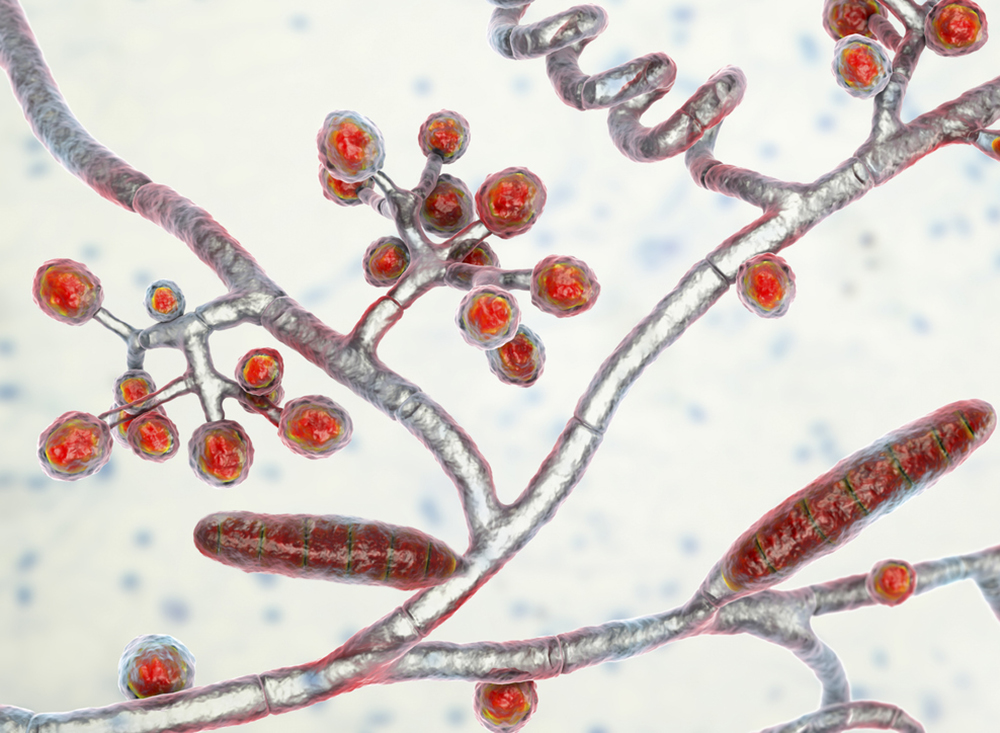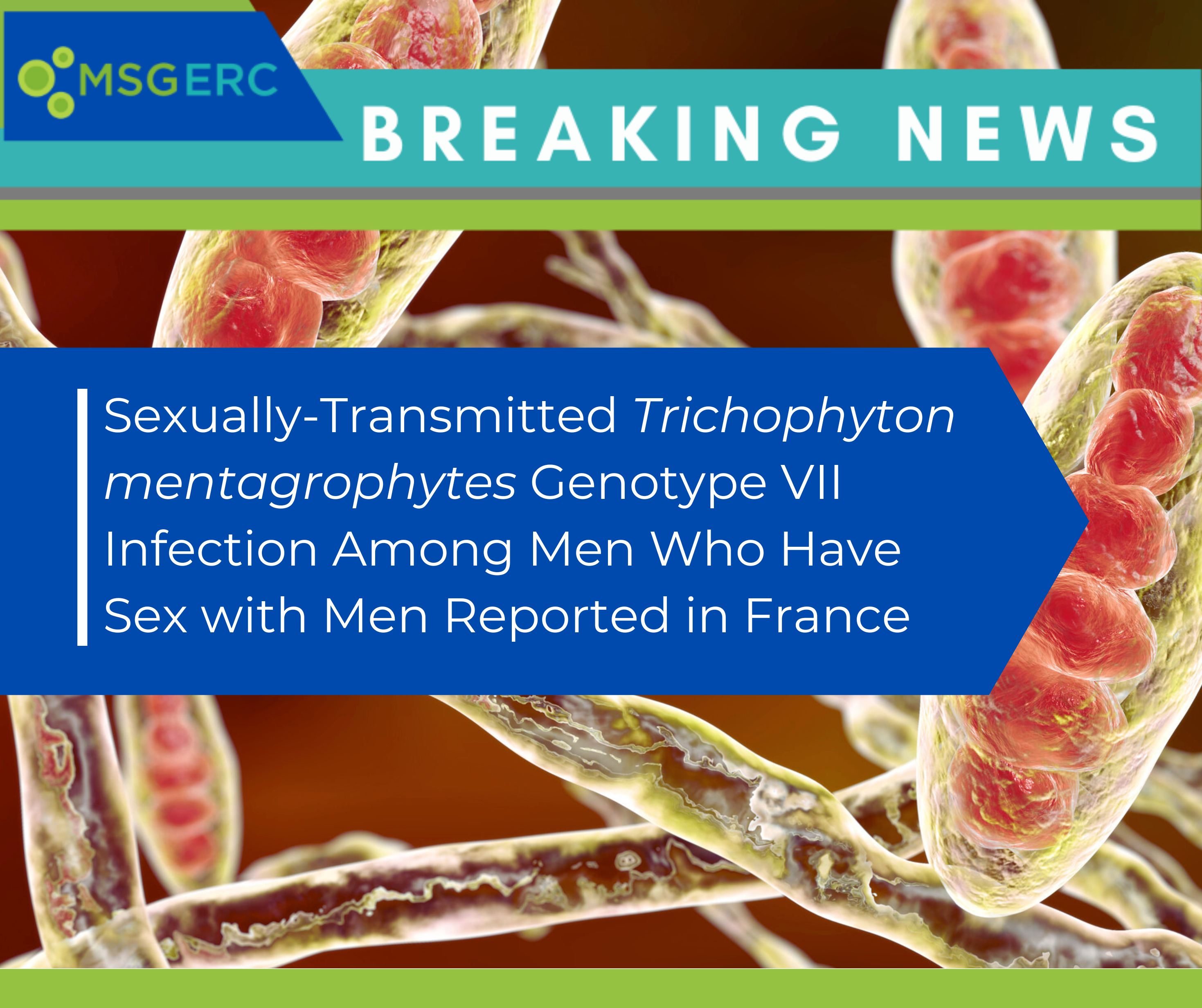Case Series of Sexually Transmitted T mentagrophytes Genotype VII (TMVII) in NYC
Brief summary: The report describes four cases of Trichophyton mentagrophytes genotype VII (TMVII) infections, a type of sexually transmitted ringworm, in New York City in men who have sex with men. TMVII has been reported in Europe and Southeast Asia; these are among the first cases in the United States. These cases highlight the need for early diagnosis and treatment of these emerging infections to prevent further transmission.
Key points: While most ringworm infections can be treated with a topical antifungal and resolve within a few days to a week, infections with Trichophyton mentagrophytes genotype VII (TMVII) often require prolonged treatment with oral terbinafine. TMVII infections are also more likely to affect anogenital regions and may involve pain and inflammation.
TMVII is a type of fungus that causes sexually transmitted ringworm. In June 2024, a U.S. case of TMVII was reported in a man who developed genital lesions following travel to several countries in Europe and to California, where he had sexual contact with multiple male partners. Public health officials launched an investigation after being alerted of additional U.S. cases. These cases of sexually transmitted ringworm are among the first in the United States. It is important for clinicians to become more familiar with TMVII to help promote early diagnosis and appropriate treatment, oral terbinafine, with prolonged use often needed. Samples were taken to confirm TMVII through specialized molecular testing. Patients were treated with antifungal medications before lab results were finalized based on early suspicion and medical history.
- Health care providers should be aware of TMVII and prescribe oral terbinafine therapy for patients based on clinical features and possible exposures while waiting for laboratory diagnosis. Clinicians should counsel patients to be aware that TMVII is an emerging fungal infection spread through sex. Avoid sharing personal items and avoid skin-to-skin contact, including intimate or sexual contact, with anyone known or suspected to have a TMVII infection until they have been treated and the rash has cleared.
- CDC responds to emerging TMVII cases by investigating cases, providing treatment recommendations, and funding New York’s Wadsworth Center, one of the few laboratories in the U.S. that can perform the fungal genomic sequencing used to distinguish TMVII from other strains of T. mentagrophytes.




